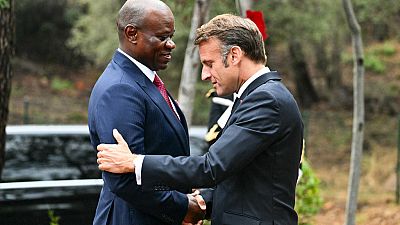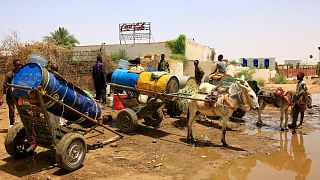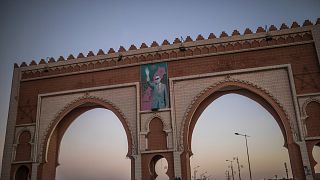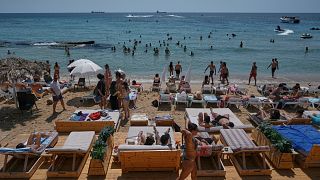Fishery
Eighteen years after signing a key fisheries partnership with the European Union, Gabon has announced its intention to unilaterally withdraw from the agreement, citing an imbalance in benefits and growing concerns over resource exploitation.
The agreement, established in 2007, allowed European vessels to fish in Gabonese waters in exchange for financial support to Gabon’s fisheries sector. However, President Brice Clotaire Oligui Nguema has described the deal as "lopsided," arguing that while European fleets have profited significantly, Gabon has seen limited returns.
Libreville is now raising the alarm over the potential overexploitation of its marine resources and the lack of investment and job creation resulting from the partnership. A major sticking point is that fish caught under the agreement are shipped directly to Europe without being landed or processed in Gabon—a practice the government now wants to end.
In its official statement, the Gabonese government emphasized the need for local economic benefits and has expressed a desire to develop domestic fish processing capabilities.
The European Union has responded with surprise but acknowledged Gabon's sovereign right to withdraw. Brussels also signaled it remains open to negotiations.
The move marks a significant shift in Gabon's approach to managing its natural resources, with a renewed focus on national control and economic self-sufficiency.












Go to video
Gabon: former president Ali Bongo and family go into exile in Angola
Go to video
'Noradala': Centuries-old fishing festival in Guinea still going strong
01:34
Nguema takes power in Gabon
Go to video
African Union ends Gabon suspension after Oligui election
00:57
Gabon: Oligui Nguema clinches a landslide win
01:59
‘Rassemblement des Bâtisseurs’ gains support ahead of Gabon election